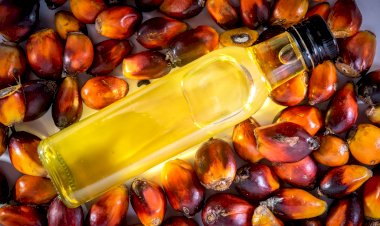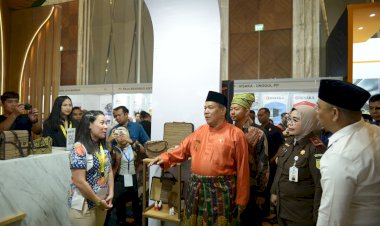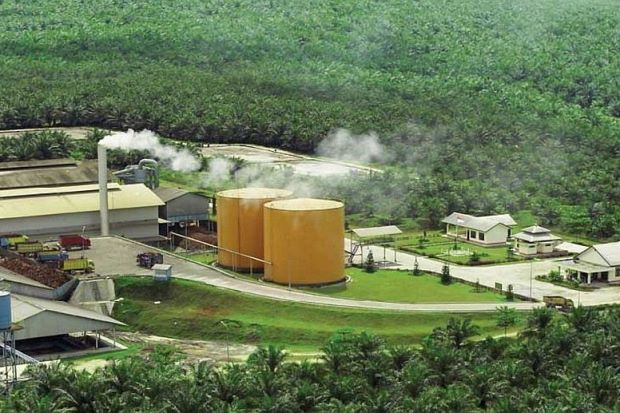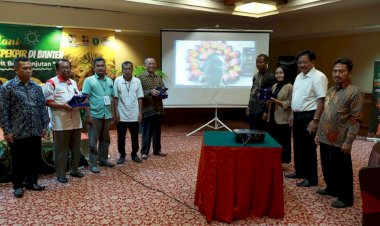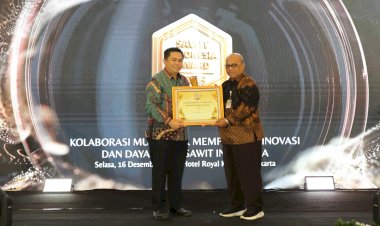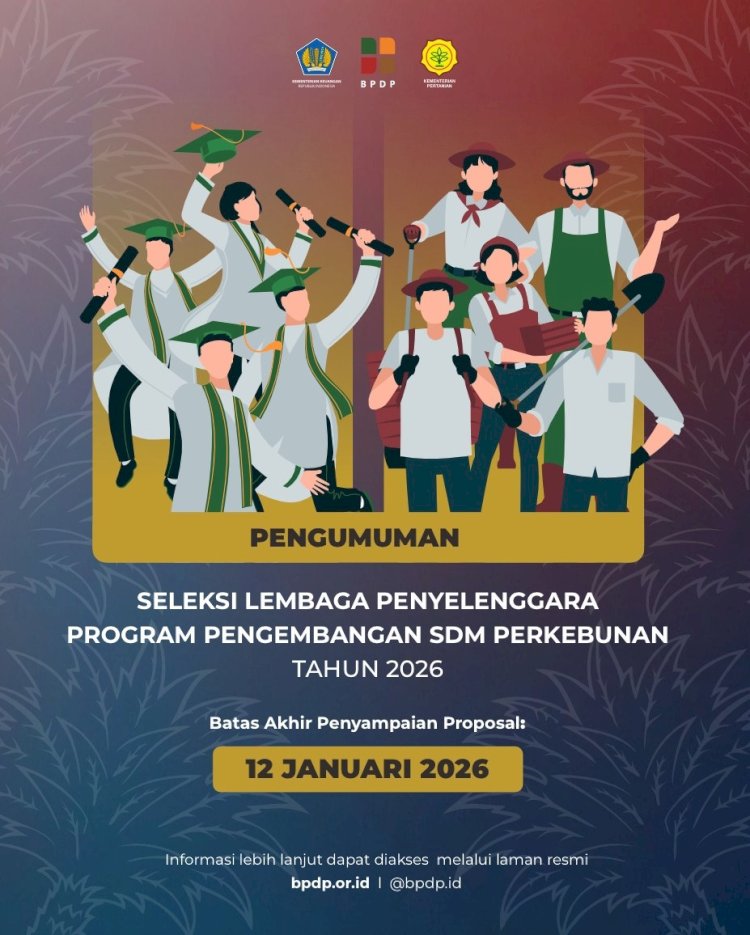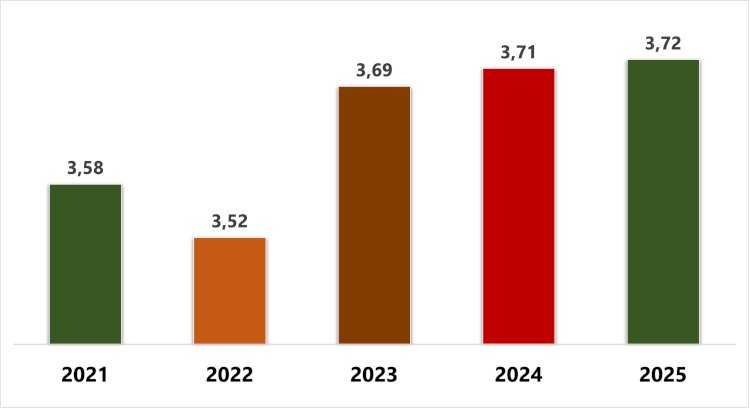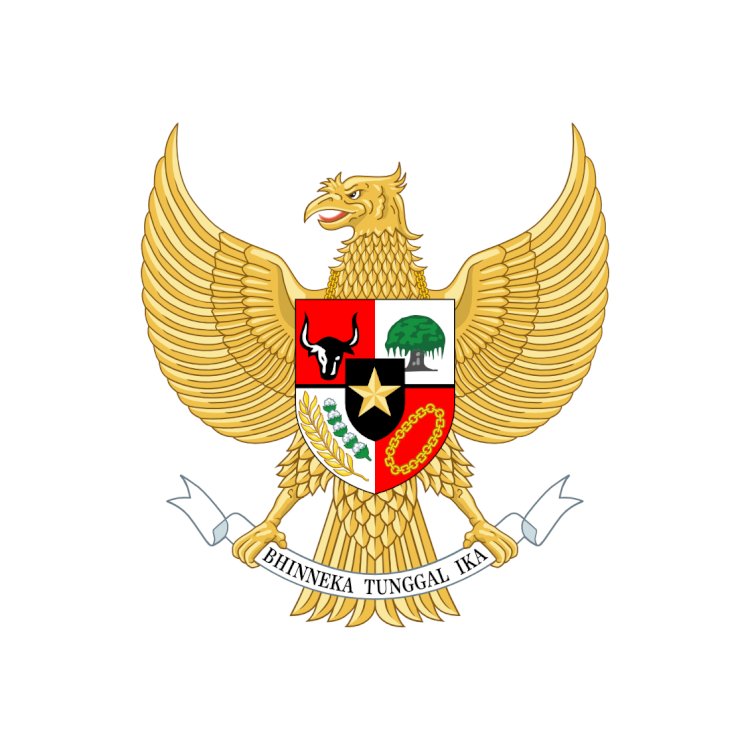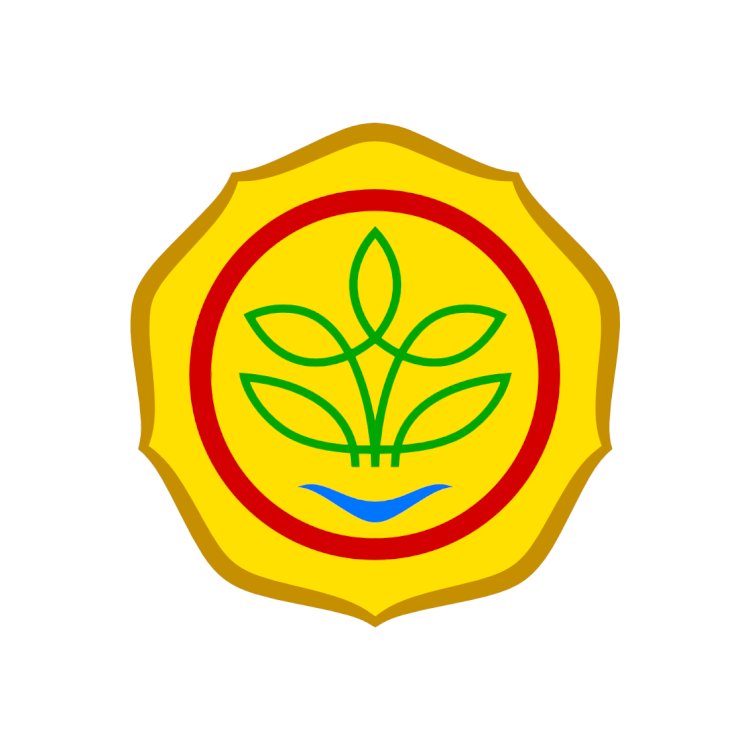‘EU is no rating agency’: Indonesia, Malaysia hit out at deforestation rules'
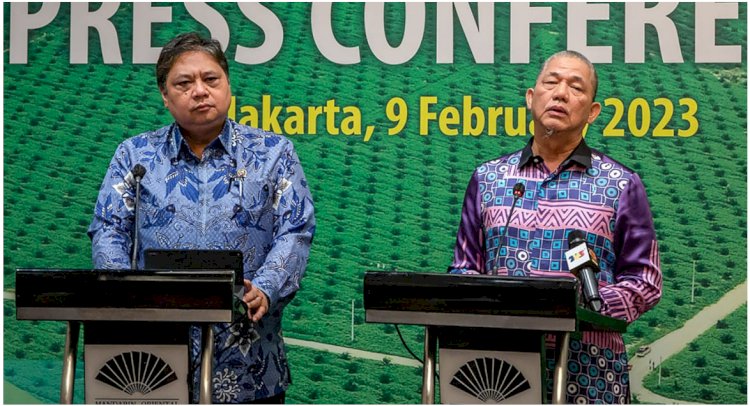
Indonesia and Malaysia slammed the EU’s deforestation rules as discriminatory,
arguing that it will threaten their billion-euro palm oil industries.
The EU has set new rules that ban the import of commodities, like soy, coffee and palm
oil, if they have been sourced from deforested areas. But during a visit in Brussels on
Tuesday, Indonesian Coordinating Minister for Economic Affairs Airlangga Hartarto and
Malaysian Deputy Prime Minister Fadillah Yusof lashed out at the move.
“This legislation is pro-business, pro-multinational corporation, pro-conglomerate, but
not pro-people. [It’s] not for farmers,” Airlangga told POLITICO in an interview, arguing
that it will be very costly for small farmers to comply.
The Deforestation Regulation will, from the end of next year, force companies to police
their supply chains and provide geolocation data from where they source their
commodities to prove they’re not contributing to deforestation and forest degradation.
The two countries fear it will hurt their palm oil industries, which earn annual export
revenues worth €6 billion for Indonesia and €1.2 billion for Malaysia, according to the
ministers.
The two ministers met with commissioners and EU lawmakers to voice their concerns,
including Green Deal chief Frans Timmermans, Commissioner for Environment
Virginijus Sinkevičius and EU Foreign Affairs chief Josep Borrell, as well as MEPs Heidi
Hautala and Bernd Lange.
“Both sides agreed on the need to work closer in cooperation to ensure a successful
implementation of the law,” a Commission spokesperson said in an emailed statement,
adding that “the Commission at technical level will soon go to Indonesia to explore how
to intensify our dialogue with both [countries] as they requested, possibly through a
dedicated taskforce or any other format.”
The countries have a “deep objection [to] the benchmarking of countries” based on their
deforestation rate, Airlangga said, referring to an upcoming list of countries and regions
classified at high, low or standard risk of deforestation.
The list — which the Commission is set to present by the end of the year — will help
EU countries’ customs authorities prioritize checks and increase scrutiny on the areas
that are most vulnerable.
‘No rating agency’
That scrutiny poses a reputational risk for countries like Indonesia and Malaysia.
“The EU is no rating agency, Indonesia is a sovereign nation. No one single country can
classify another country as high risk, low risk or small risk,” Airlangga said.
His Malaysian counterpart echoed the assessment. The EU regulation is “not based on
scientific findings,” said Fadillah, who is also Malaysia’s minister of plantation and
commodities. “The decision made by them is more because of perception, because of
pressure, internal pressure from their own production companies, maybe.”
The Commission’s spokesperson said in response that the regulation “applies to
commodities, not countries and is neither punitive nor protectionist, but is a levelplaying field.” They added that the commodities targeted by the new rules “are those
whose EU consumption is the most relevant in terms of driving global deforestation and
forest degradation” and “based on a scientific analysis which is publicly available.”
Indonesia and Malaysia argued they’ve made progress on tackling deforestation. The
rate of forest loss has drastically decreased since 2017 in both countries, according to
Global Forest Watch.
Airlangga said the commissioners gave them “mixed signals” about their concerns
being taken into account when Brussels finalizes secondary legislation on the
benchmarking system and implementation guidelines.
The two ministers argued that, instead of setting hard rules, the EU should recognize
existing certification schemes the countries have put in place. More than 90 percent of
palm oil farmers and mills are certified to be deforestation-free in Malaysia, Fadillah
said, “so what else do they want? Why can’t they recognize and accept that?”
Aside from hurting Malaysian and Indonesian farmers, the new rules could also be in
breach of international trade law, according to Fadillah.
“It is actually trade barriers that they want to introduce,” he said, adding that
“partnership and friendship is about collaboration … not putting further restrictions.”
If that fails, Jakarta and Kuala Lumpur could potentially lodge a legal complaint against
the EU at the World Trade Organization. But whether that will happen depends on the
outcome of consultations they hope the EU will conduct with them.
“Now it’s too early to call,” Airlangga said.
Timmermans tweeted that the European Commission “will operationalise partner talks
on the implementation of the EU’s anti-deforestation law in Malaysia & Indonesia,” while
Sinkevičius added that the EU is “ready to support our partner countries!”


